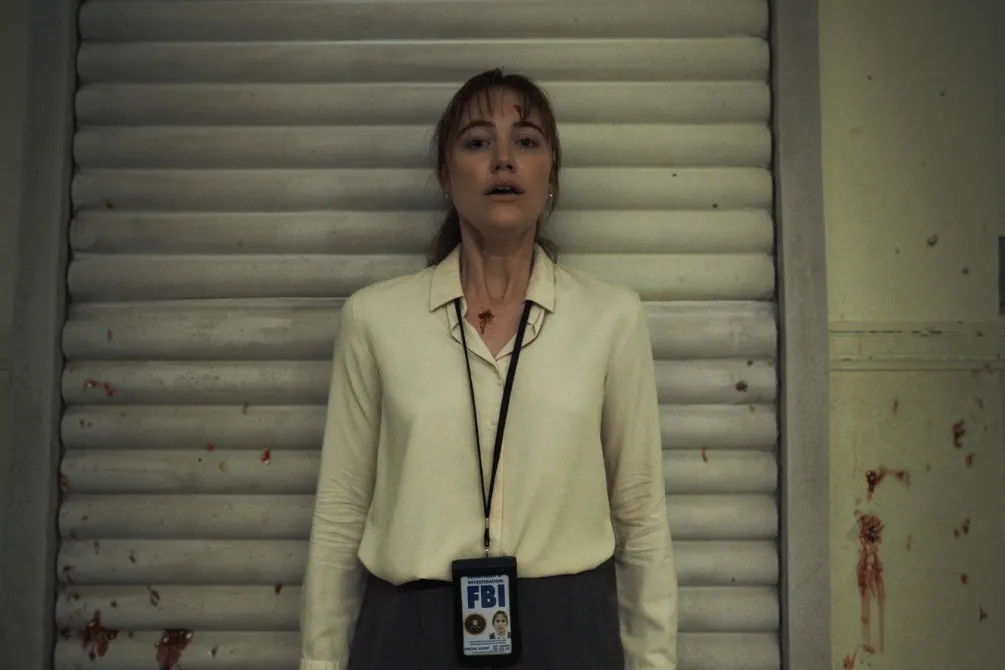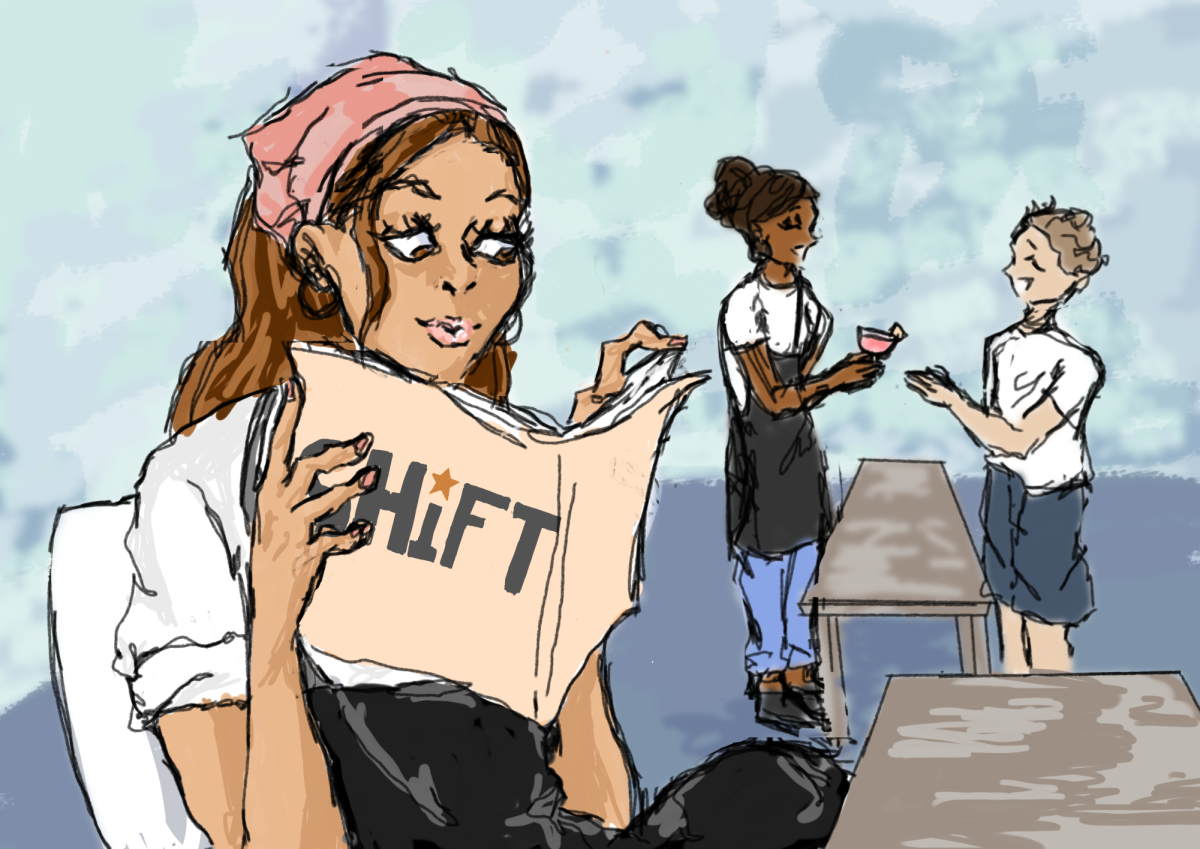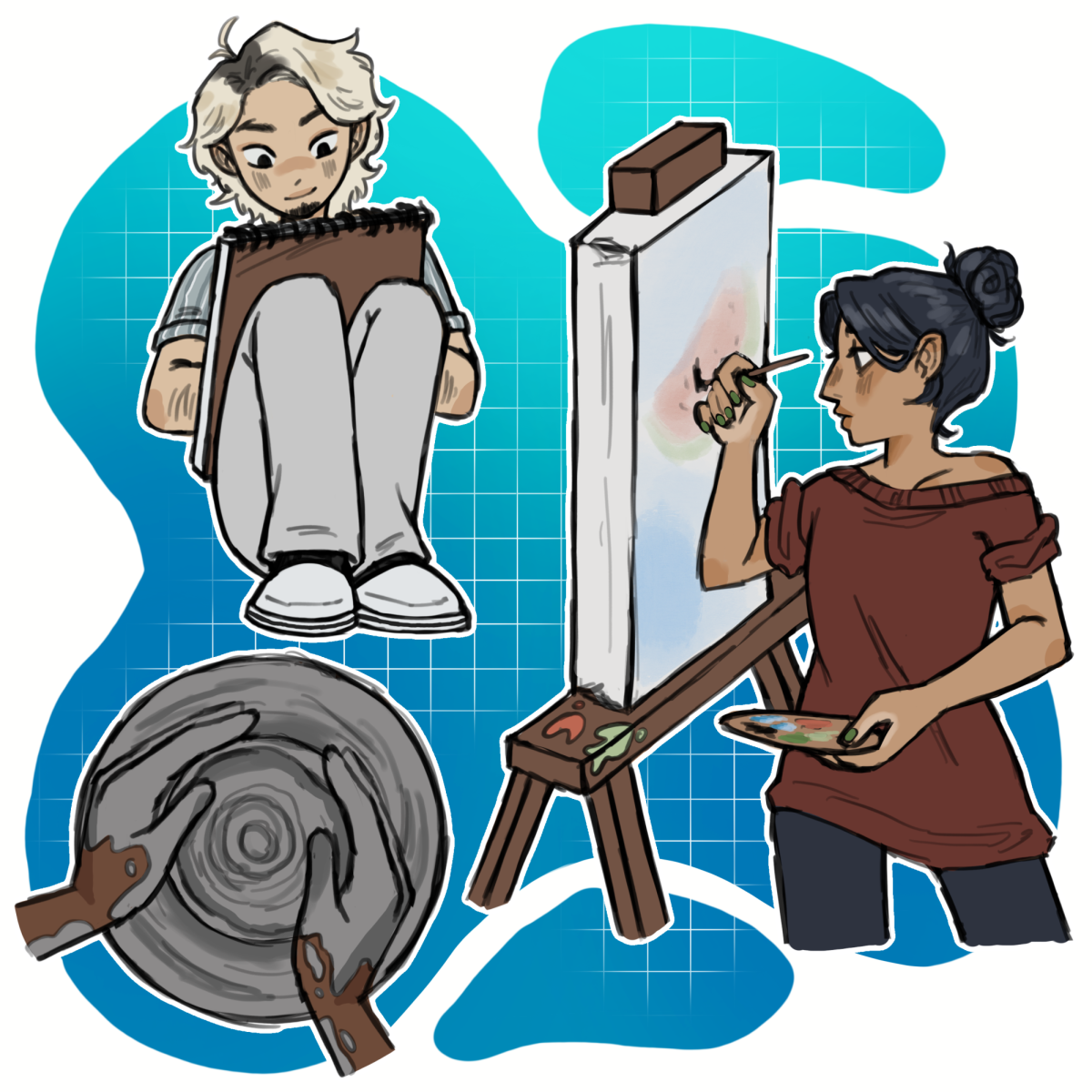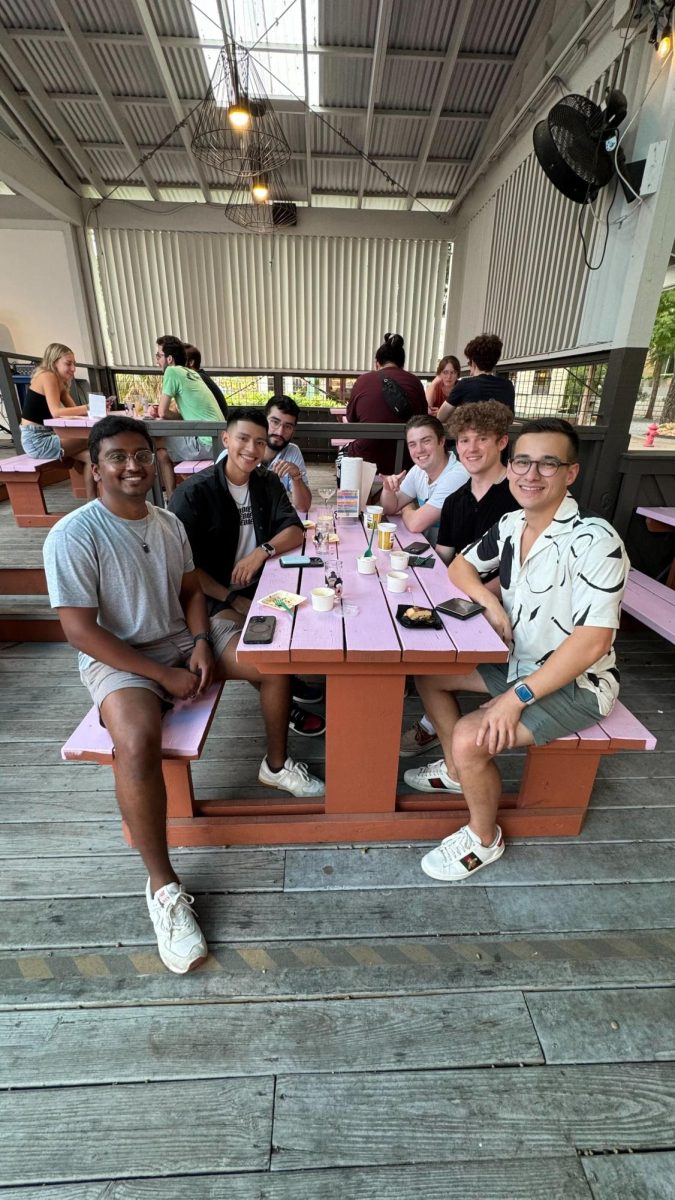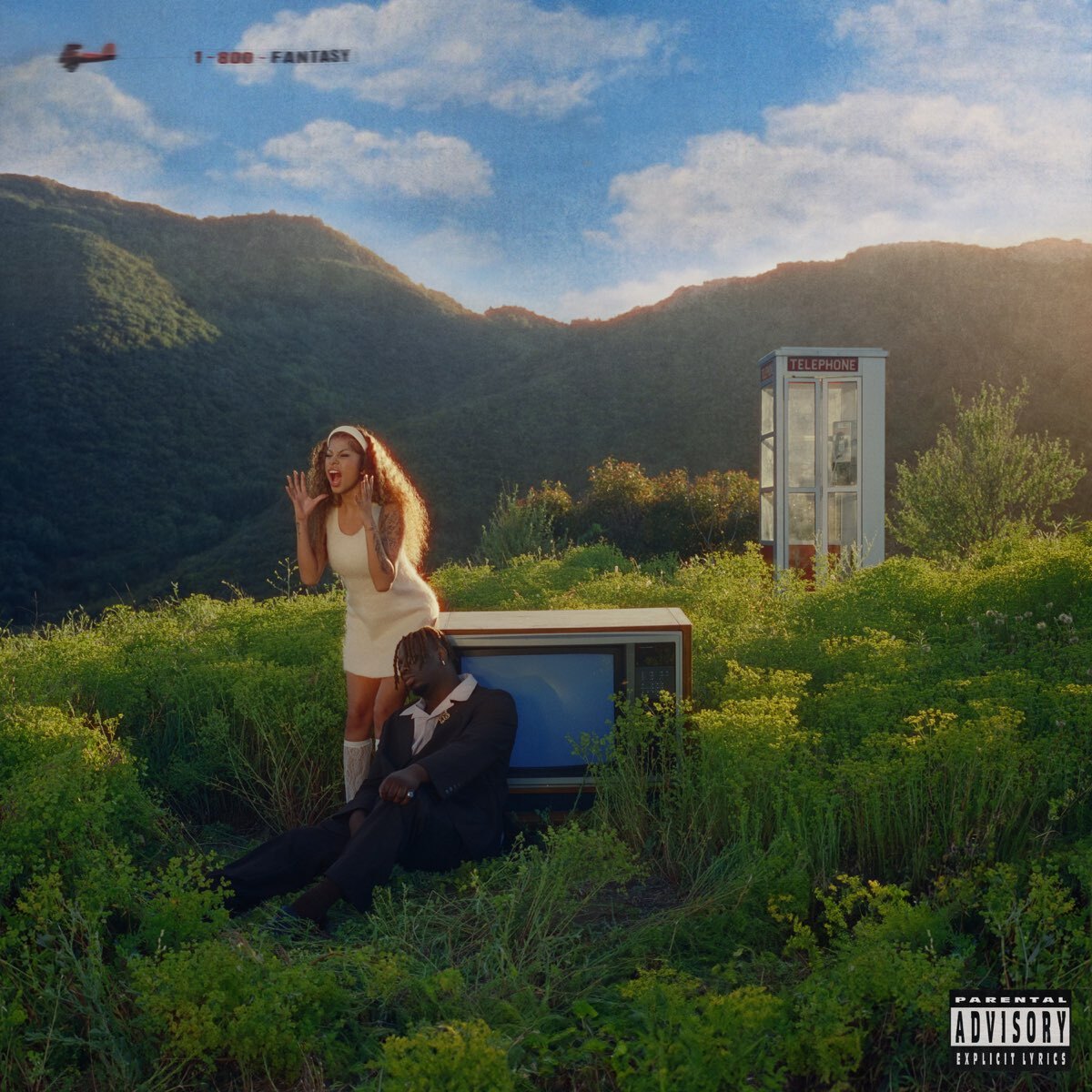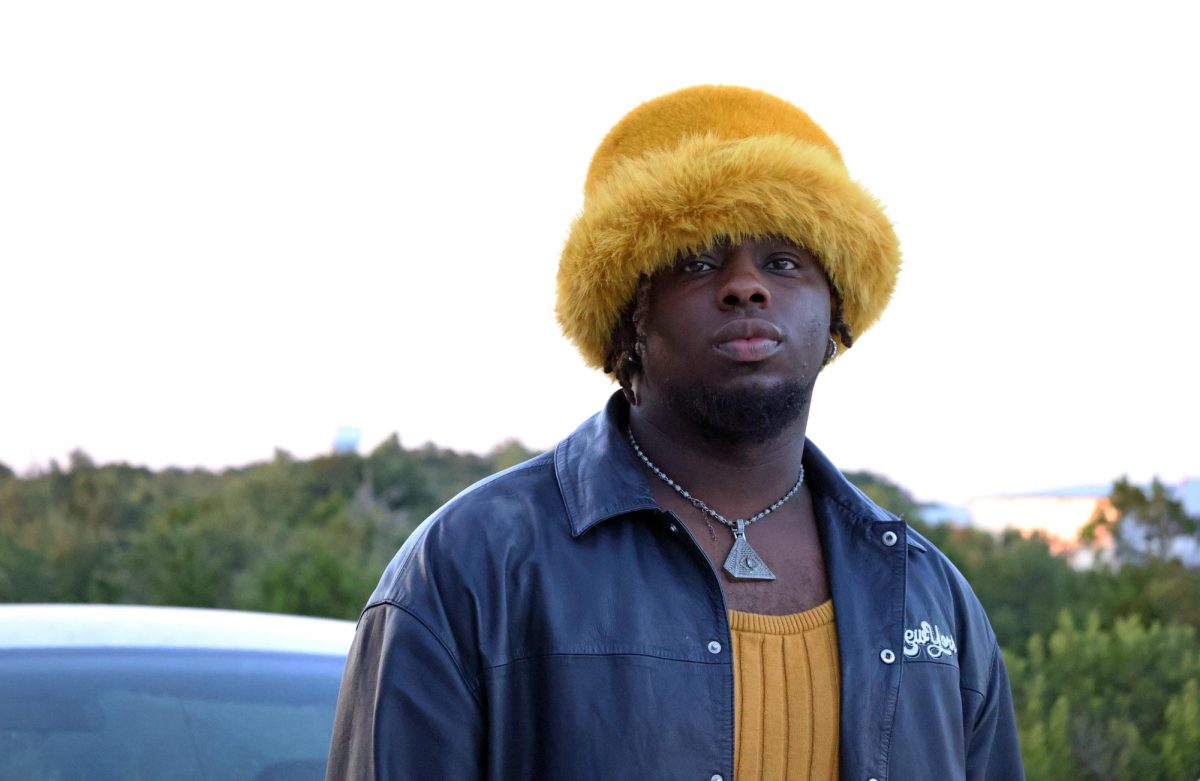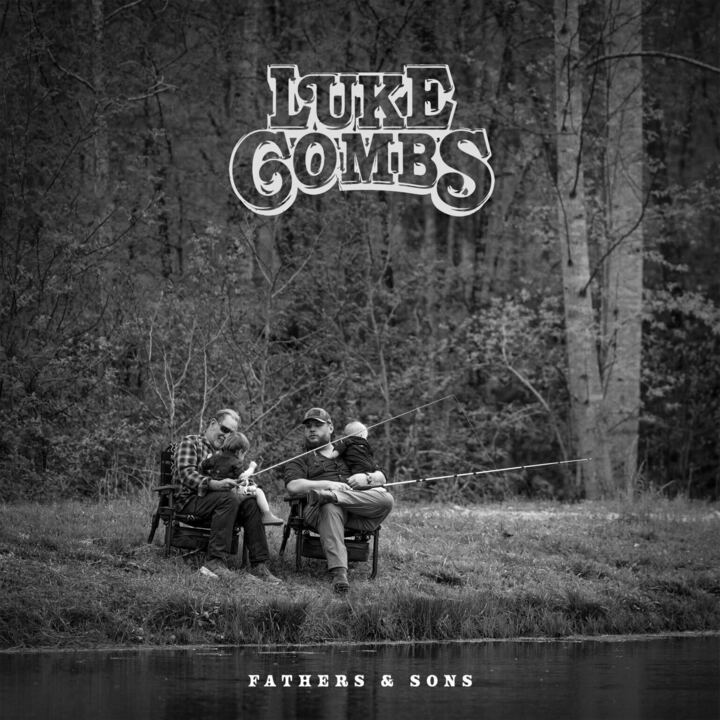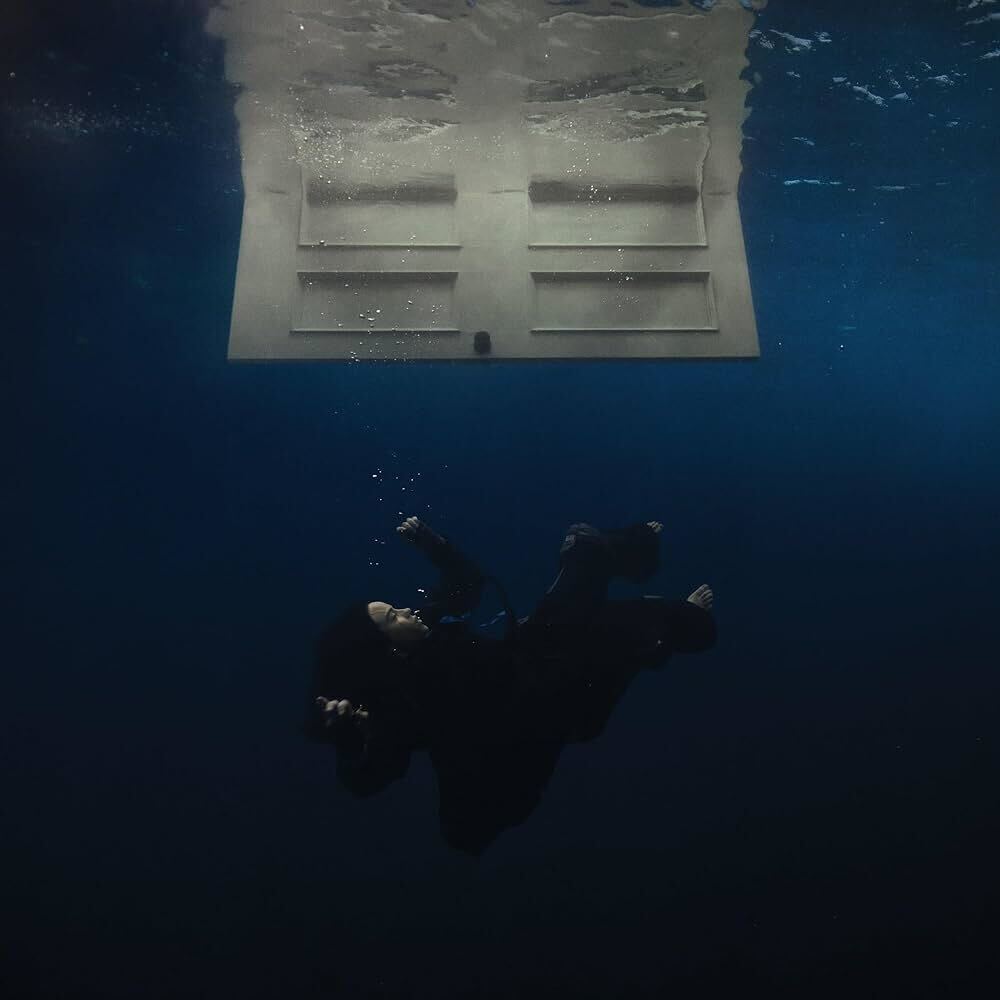It’s summertime in Lubbock and a local band is performing at a friend’s house. It’s loud. There are at least 50 people present, and the neighborhood 11:30 p.m. noise curfew approaches.
Host Wesley Farrow knows this and peeks through the front window blinds into the dark street. He notices two cops approaching.
The band plays its final notes as the cops bang on the front door, demanding an audience with the homeowner. Farrow opens the door, exposing the concert audience to the searching eyes of the authorities, whose expressions quickly change to confusion after a quick scan of the room.
“They had the weirdest looks on their faces when they realized there was no one drinking alcohol,” Farrow said, laughing.
“At first, they said we needed to leave, but after they saw everyone was sober, they told us we could stick around but to keep it down.”
Concerts with Lubbock-based pop-punk band, Your Boyfriend Hates Us, tend to lack the all too common stigma of drugs and alcohol lurking in the shadows of rock or the music industry in general. A stranger to the group could easily stereotype the four men as pot-smoking alcoholics on stage.
But the musicians, Collin Speciale, Scott Janssen, Grant Parker and Howard Monsour, play to a different standard: sobriety.
Singer and guitarist Speciale, along with bassist and vocalist Monsour, are members of Texas Tech’s nationally recognized Collegiate Recovery Community, a program run by the Center for the Study of Addiction and Recovery. Parker and Janssen live sober, but they are not registered members of the community.
Speciale, a junior community, family and addiction services major from San Angelo, boasts two years of sobriety from an addiction to alcohol and OxyContin, a strong painkiller that also took over two of his bandmates’ lives.
“It’s easier to start using because it’s just a pill,” said keyboardist and vocalist Parker. “It’s as close as you can get to heroin.”
After hearing about Tech’s addiction center and the substantial scholarships offered, Speciale said he knew he wanted to be a part of it. Although not all four band members actively participate in the addiction community, the band’s beginnings can be attributed to relationships formed there, and the non-active members can still attend 12-step meetings open to the public.
“Basically, they have AA meetings, eating disorder meetings — whatever you’re in recovery for, [it’s] all in the center, five days a week,” Monsour, a senior community, family and addiction services major said. Then, for the community members themselves, more intimate group meetings become available to help cope with life without addiction.
Swimming upstream as a sober punk band, the group does not seem to find any problems living out the combination but sees backlash in terms of getting themselves out there.
“You’re not in the bars spending money, so the owners don’t see you or know who you are,” Janssen, a sophomore without a declared major said.
Because of the band’s absence from the bar scene, Speciale said they sometimes feel like outsiders looking into the music scene.
Monsour, however, has a unique perspective because of his previous memberships in bands where sobriety was not a focus.
“It only lasts for a certain point before we all start to hate each other,” he said. “It’s a lot easier to write, it’s a lot easier to get along, and a lot easier to get close with one another when you’re not high and drunk all the time because you really start to distance yourself, especially when you have this disease called addiction.”
George Comiskey, associate managing director of the center, expressed his appreciation for the band despite not personally knowing them.
“They do a good thing for our community in giving them an opportunity to see that you can be sober and still pursue your passions and do that in a way that’s healthy for someone who is in recovery,” he said.
Their success and eagerness to spend the rest of their college years sober in a public way puts a positive light on the center and sobriety, Comiskey said. The center’s student population is very supportive of them.
Although the band feels passionate about sobriety, they do not assume it is the case for anyone else, Monsour said. They do not pass any judgement or try to press their lifestyles on others.
“It’s pretty cool,” Parker said. “Everyone in this room is a stable individual in the community for sober people. So, for me, it’s like I’m with the people I want to surround myself with anyway.”
Printed on Wednesday, September 14, 2011 as: Pop-punk band champions sobriety.



